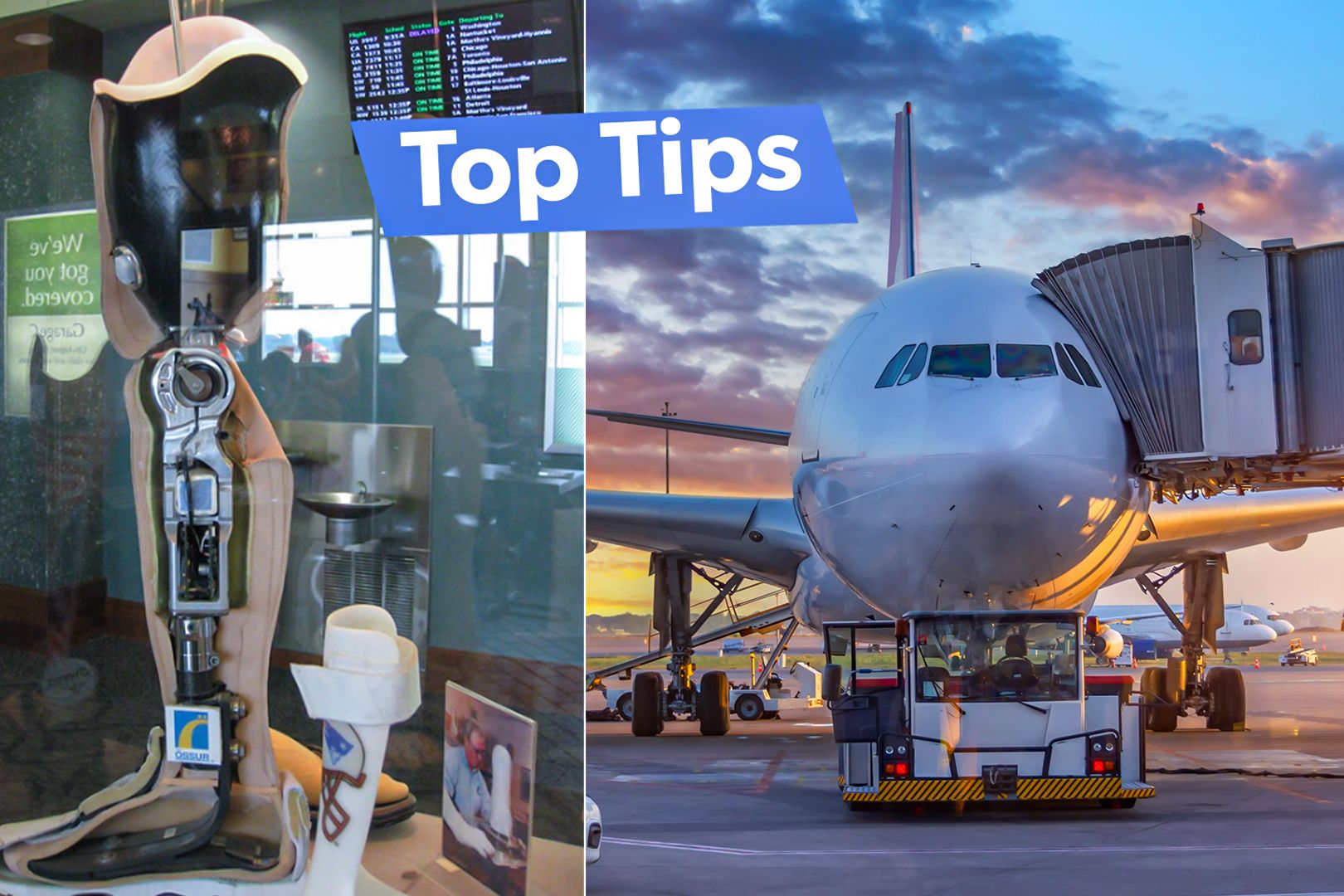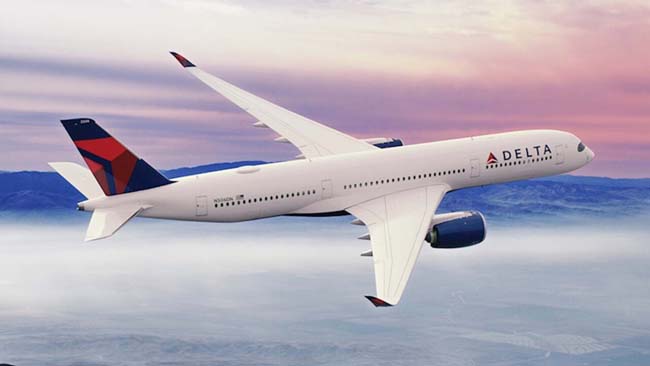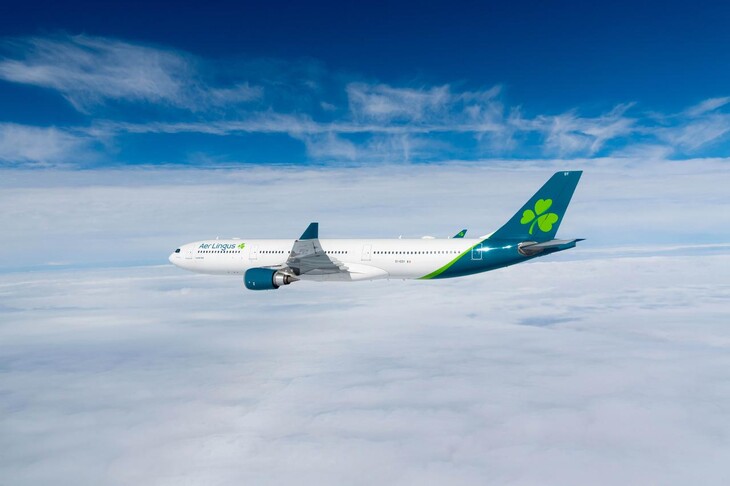WITH LNER drivers set to walk out every weekend from late August to mid-November, major disruptions are expected along the East Coast Mainline. Read on to find out the exact dates and how they might affect your work and social plans. When are the next train strikes? The next train strikes by LNER drivers, as announced by the Aslef union, are scheduled to occur every weekend from the end of August through mid-November 2024.
They are planned every Saturday from 31 August to 9 November 2024 and every Sunday from 1 September to 10 November 2024. These strikes are part of a separate dispute related to industrial relations at LNER and are expected to cause significant disruption on the East Coast Mainline, which runs between London and Edinburgh . The strikes do not relate to the ongoing national pay dispute but are focused on issues specific to LNER.

Read More on strikes A statement by Aslef said: "Our priority focus will be on minimising disruption to customers during the forthcoming Aslef strikes, which sadly will continue to cause disruption and delays." When are the next Tube strikes? As of August 2024, there are no London Underground strikes planned. The last Tube strike was on April 26, 2024 as part of the TSSA customer service walkout .
Is Eurostar affected by train strikes? Eurostar services are not affected by the Aslef strikes. Most read in Travel However, if your journey involves connecting to other UK train services, it is advised to double-check your travel plans. On strike days, always verify that your connecting transport is operational before you set off, and allow extra time for potential disruptions.
This will help ensure a smoother journey despite any ongoing industrial action. Can I get my money back for strike days? Yes, you may be able to get a refund for a train ticket if your journey is delayed, cancelled, or rescheduled due to a strike. The type of ticket and how you purchased it may affect how you can request a refund .
If passengers have a return ticket they may also be entitled to a fee-free refund if part of the journey is cancelled. Season ticket holders who cannot travel can claim 100 per cent compensation for strike dates. The specific refund policies vary depending on the train operator, so it's important to check the terms and conditions of your ticket.
What are the strikes about? The strikes organized by the Associated Society of Locomotive Engineers and Firemen (Aslef) are primarily about pay. The union is demanding better wages for its train drivers, who have not received a pay rise since their last agreements expired in 2019. General Secretary Mick Whelan described the current offer of a 4% pay increase as "risible" and noted that the dispute has been ongoing since June 2022.
He said: "We first balloted for industrial action in June 2022, after three years without a pay rise. It took eight one-day strikes to persuade the train operating companies (Tocs) to come to the table and talk. "Our negotiating team met the Rail Delivery Group (RDG) on eight occasions - the last being on Wednesday 26 April last year.
"That was followed by the Tocs' 'land grab' for all our terms & conditions on Thursday 27 April - which was immediately rejected. "Since then, train drivers have voted, again and again, to take action to get a pay rise." Despite several negotiations, the deadlock continues, leading to repeated strike actions by Aslef members.
In addition to the pay dispute, there are separate issues with LNER, where drivers have accused the company of breaking agreements and not employing enough staff to meet service commitments. These issues have led to additional strikes on weekends from August 2024 to November 2024. The ongoing industrial action has caused widespread disruption and financial losses, which Whelan claims could have been avoided with a reasonable settlement.
READ MORE SUN STORIES We first balloted for industrial action in June 2022, after three years without a pay rise. A Department for Transport spokesperson said: "Aslef is the only rail union continuing to strike, targeting passengers and preventing their own members from voting on the pay offer that remains on the table. "Having resolved disputes with all other rail unions, the Transport Secretary and rail minister have ensured that a pay offer is on the table - taking train drivers' average salaries from £60,000 up to £65,000.
" When ASLEF workers go on a nationwide strike, these are the lines that could be impacted: Avanti West Coast CrossCountry East Midlands Railway Great Western Railway LNER TransPennine Express C2C Greater Anglia GTR (Gatwick Express, Great Northern, Southern, Thameslink) Southeastern South Western Railway Chiltern Railways Northern Trains West Midlands Railway.



















